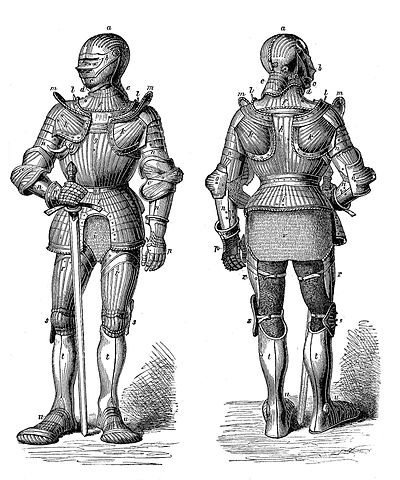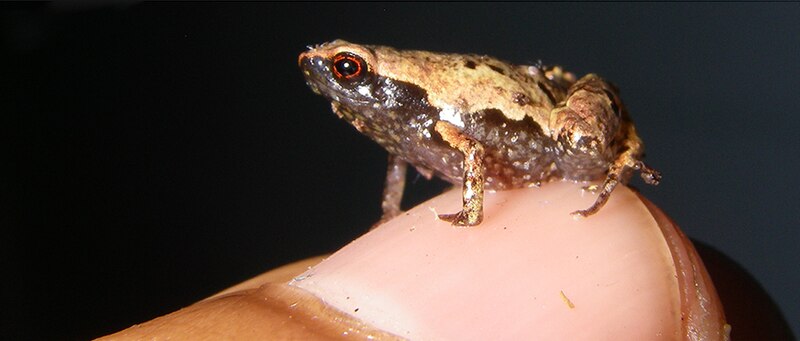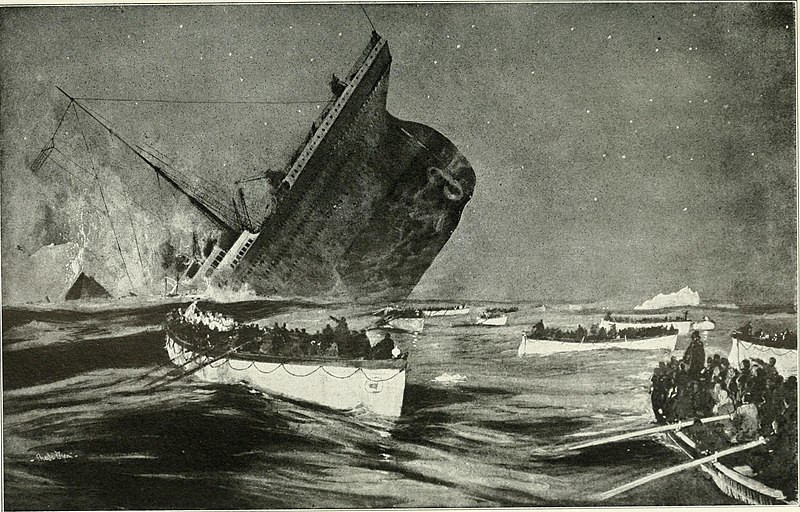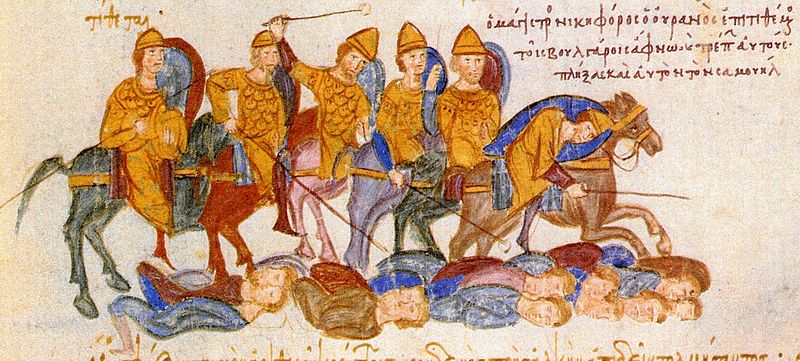From 1995 to 1998, the journal Philosophy and Literature ran a bad writing contest to mark “the most stylistically lamentable passages found in scholarly books and articles.” The final year’s winners:
First prize:
The move from a structuralist account in which capital is understood to structure social relations in relatively homologous ways to a view of hegemony in which power relations are subject to repetition, convergence, and rearticulation brought the question of temporality into the thinking of structure, and marked a shift from a form of Althusserian theory that takes structural totalities as theoretical objects to one in which the insights into the contingent possibility of structure inaugurate a renewed conception of hegemony as bound up with the contingent sites and strategies of the rearticulation of power.
— Judith Butler, “Further Reflections on the Conversations of Our Time,” in the journal Diacritics
Second prize:
If, for a while, the ruse of desire is calculable for the uses of discipline soon the repetition of guilt, justification, pseudo-scientific theories, superstition, spurious authorities, and classifications can be seen as the desperate effort to ‘normalise’ formally the disturbance of a discourse of splitting that violates the rational, enlightened claims of its enunciatory modality.
— Homi K. Bhabha in his book The Location of Culture
Third prize:
As my story is an august tale of fathers and sons, real and imagined, the biography here will fitfully attend to the putative traces in Manet’s work of ‘les noms du père’, a Lacanian romance of the errant paternal phallus (‘Les Non-dupes errent’), a revised Freudian novella of the inferential dynamic of paternity which annihilates (and hence enculturates) through the deferred introduction of the third term of insemination the phenomenologically irreducible dyad of the mother and child.
— Steven Z. Levine in Bradford Collins, ed., Twelve Views of Manet’s Bar
The contest’s only condition was that entries not be ironic: “Deliberate parody cannot be allowed in a field where unintended self-parody is so widespread.” The full list of winners is here.




